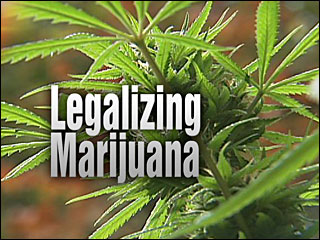 Eighteen states and the District of Columbia have now legalized medical Marijuana use. The state laws vary greatly and present employer with a workplace nightmare! Employers and Human Resources professionals are finding themselves rewriting their employment policies in the following states:
Eighteen states and the District of Columbia have now legalized medical Marijuana use. The state laws vary greatly and present employer with a workplace nightmare! Employers and Human Resources professionals are finding themselves rewriting their employment policies in the following states:
Alaska, Arizona, California, Colorado, Connecticut, Delaware, Hawaii, Maine, Massachusetts, Michigan, Montana, Nevada, New Jersey, New Mexico, Oregon, Rhode Island, Vermont, and Washington.
The workplace conundrum is that Marijuana use is a violation of the federal law but legal in the above referenced states for medical purposes!
Some of the state laws such as in Arizona, Connecticut, Delaware, Massachusetts, Montana, and Rhode Island are particularly challenging, based on the specific restrictive language against employment discrimination. The workplace nightmare comes into play when an employee has tested positively on a drug test for post-accident and/or pre-employment testing and has a legitimate medical marijuana explanation. Furthermore, the use of medical marijuana is illegal under federal law, employers can refuse to consider accommodations that would acknowledge or support illegal activity.
Another key point to note is that medical marijuana is not a legitimate medical explanation for a positive test result for marijuana under federal employee testing programs for the United States Department of Transportation. Currently, and as the result of the critically important U.S. Supreme Court decision, Alberto R. Gonzales, Attorney General, et al., Petitioners, v. Angel McClary Raich et al, in most states with medical-marijuana laws, an employer may safely refuse to accept medical marijuana as a reasonable medical explanation for a positive drug test result.
